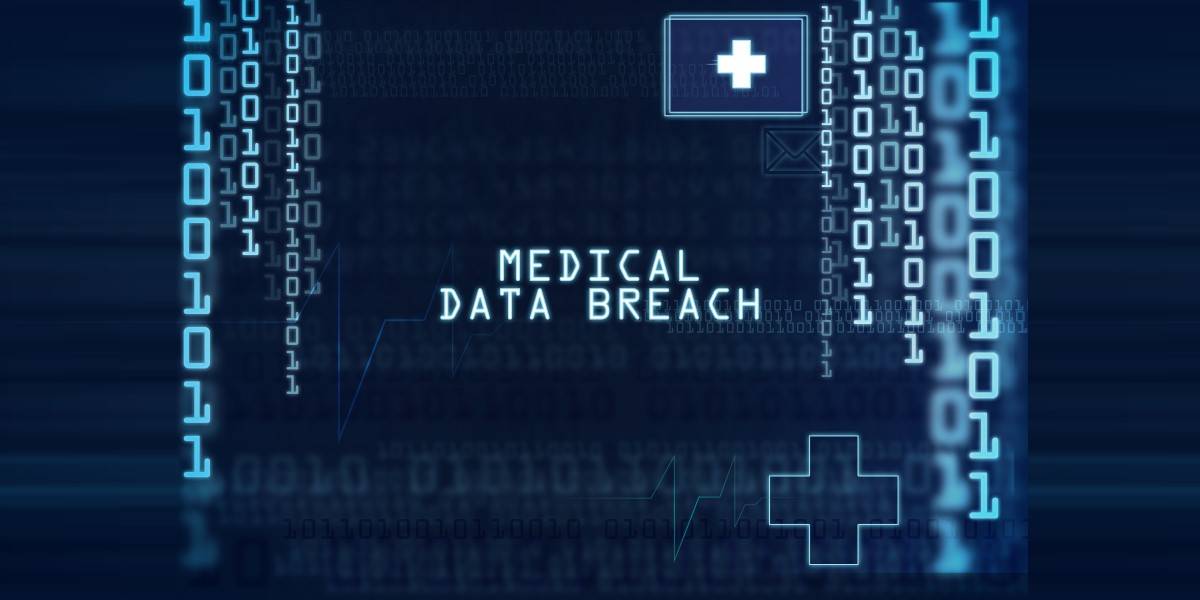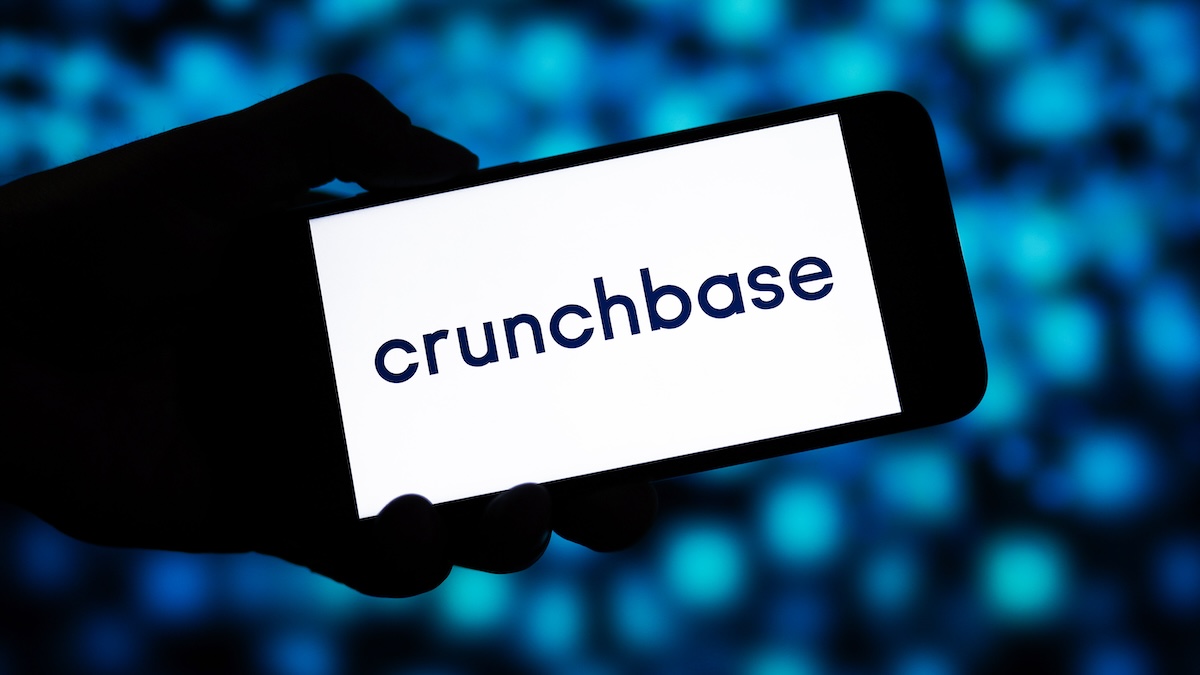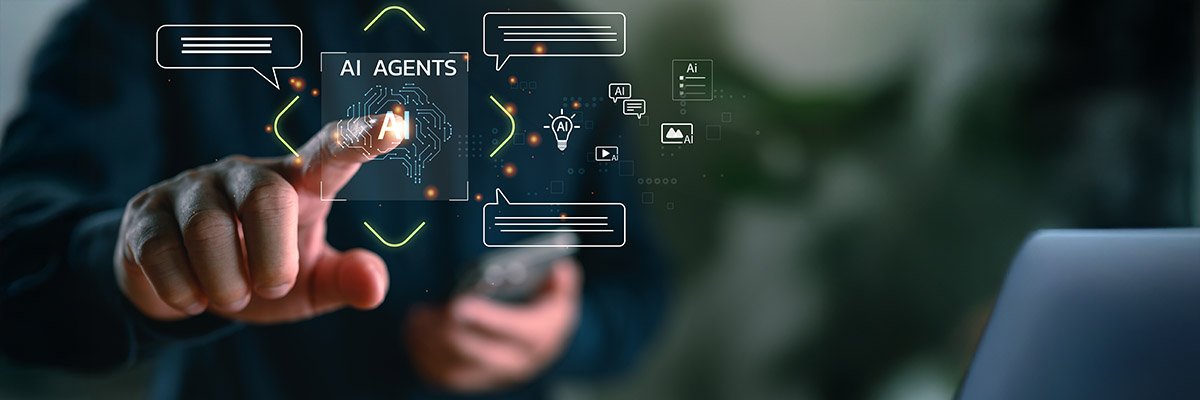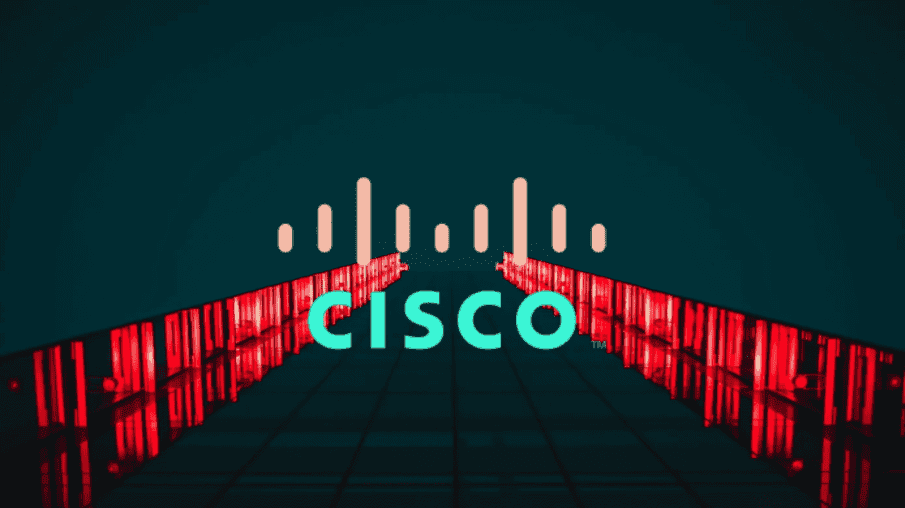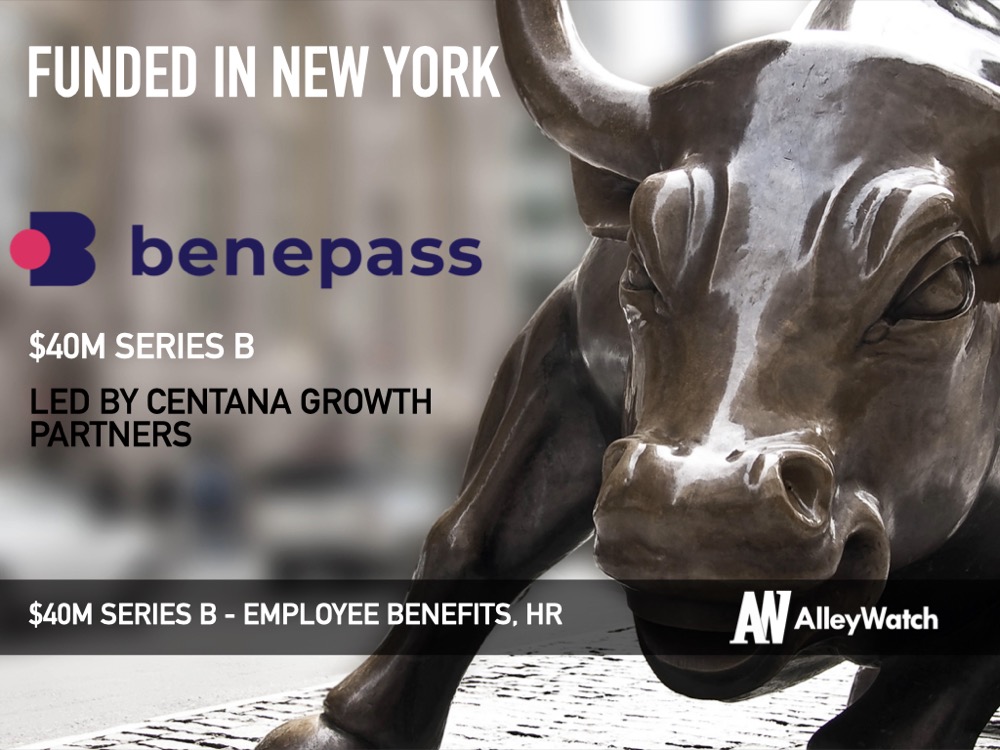fromTelecompetitor
4 hours agoAI adoption among telcos may taper off in 2026: Report
STL Partners predicts one AI-related growth area among telcos but warns of a slower adoption or pullbacks in three others. First, the AI optimism: Telcos will increasingly adopt voice-based AI, analysts believe. Already, some of the biggest global telcos are using embedded voice assistance in AI channels for enterprise customers. In 2026, telcos are likely to adopt voice technologies for customer calls as well. Immediate benefits could include live translation and integration of digital assistance services.
Artificial intelligence

